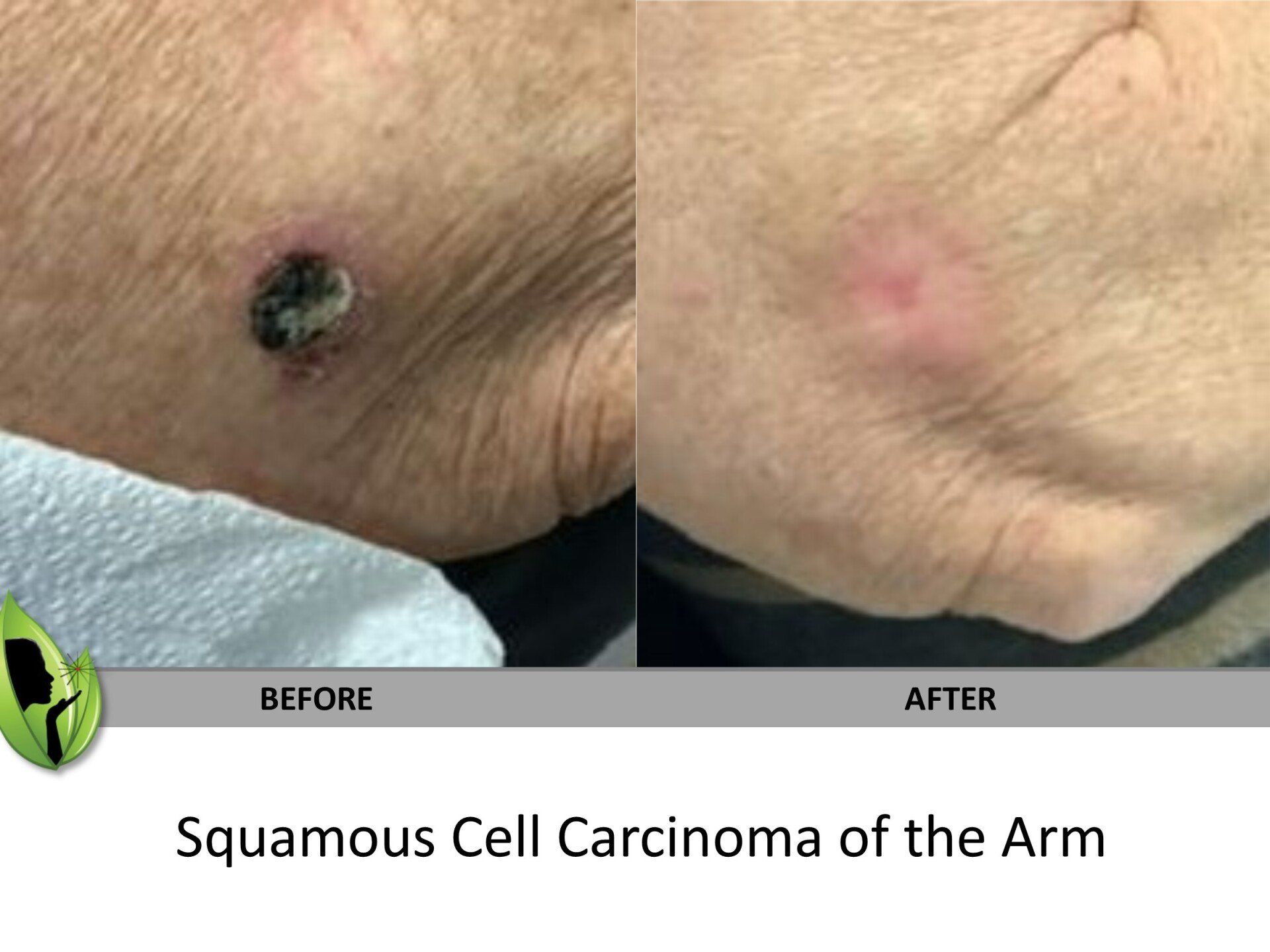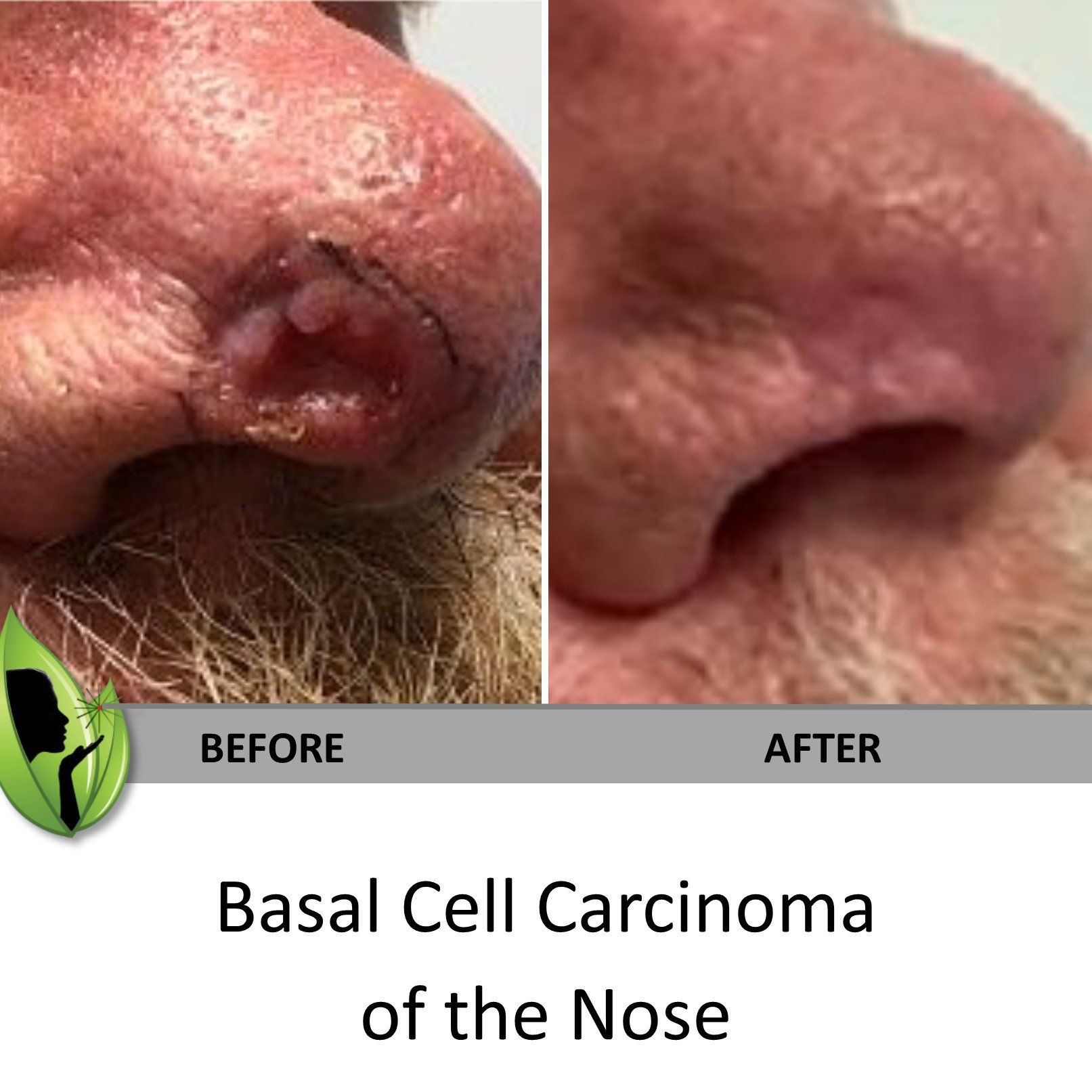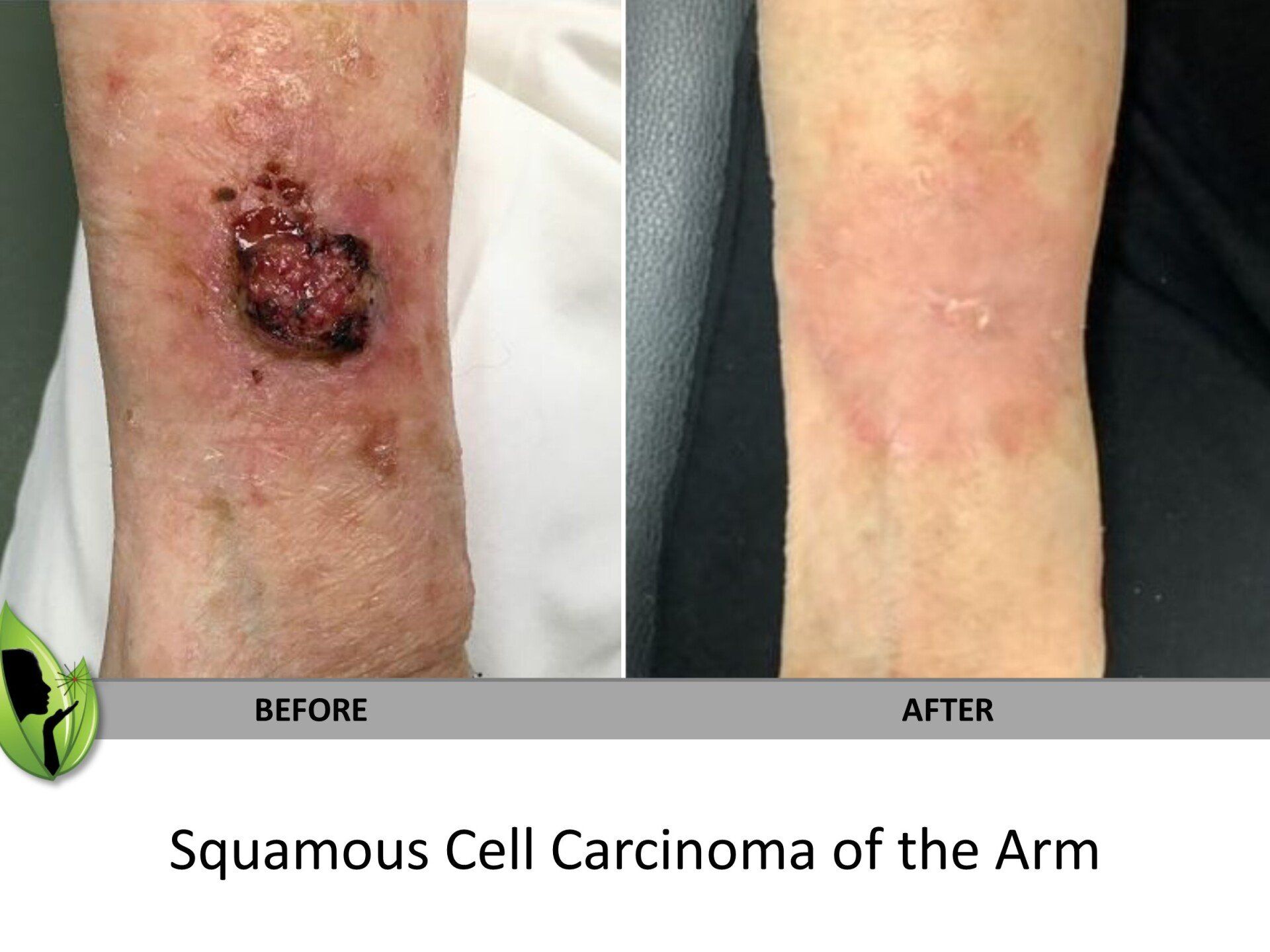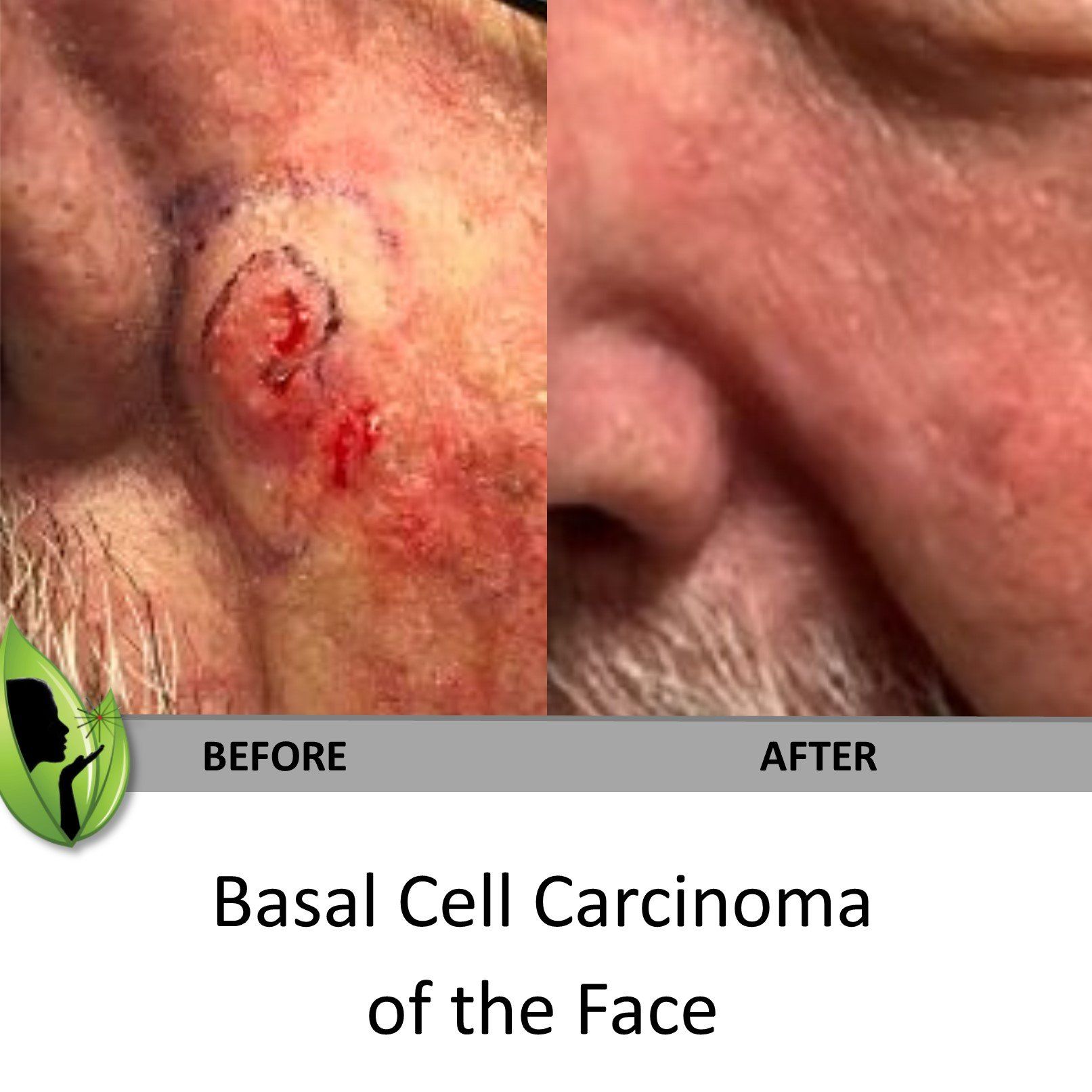About IG-SRT
| Treatment Option | Squamous Cell Carcinoma | Basal Cell Carcinoma |
|---|---|---|
| IG-SRT with SkinCure Oncology Protocol1 | 99.3% | 99.5% |
| Mohs Surgery2 | 96.0% | 98.0% |
| SRT without image guidance and without SkinCure | 75.0% | 89.0% |
| Oncology Protocol2 |




Why We Recommend IG-SRT
Why We Recommend IG-SRT
- Reduces Risks to the Patient. According to the Mayo Clinic, patients undergoing Mohs surgery face a number of risks, including scar formation at the site of tumor removal; larger than expected wound creation upon removal of the skin cancer; poor wound healing; excessive bleeding; infection; loss of nerve function; regrowth of the tumor; and cosmetic or functional deformities. IG-SRT is a radiotherapy-based treatment and no surgical intervention is required. While Mohs surgery is a relatively safe procedure for patients without comorbidities, risks do increase for patients with diabetes, high or low blood pressure, peripheral artery disease, lymphedema, and other conditions. In addition, patients taking blood thinners and other medications that affects the blood’s ability to coagulate may be at increased risk.
- Offers Superior Cosmetic Results. IG-SRT is an especially attractive treatment option for patients concerned with undergoing a surgical procedure or worried about the potential for disfigurement.
- Offers More Consistent Results Than Competing Treatment Options. When performing Mohs surgery, the skill level of the surgeon may have a significant impact on the results, most especially as it relates to the cosmetic outcome. However, with SkinCure Oncology’s IG-SRT treatment, the outcome is not dependent on the skills level or experience of a surgeon. Instead, the practical model is built on cancer center protocols and staffing guidelines that include radiation safety officers, radiation facility protocols, trained radiation therapist technologists, and medical physicists.
What to Expect During IG-SRT Treatment
What to Expect During IG-SRT Treatment
- Your review and signing of informed consent to discuss treatment expectations.
- A simulation where photos, ultrasound images, and treatment parameters are entered into a computer for documentation and reproducibility. (No treatment on this day.)
- Treatments are typically 3 or 4 times weekly for a total of approximately 21 total treatments. The exact number will be determined at your first appointment.
- You will generally be treated by the same Radiation Therapist each time you come in, but all Radiation Therapists are trained to treat you.
- Your Radiation Therapist will evaluate your skin reaction daily. The Physician will see you every 5 treatments.
- Your care team will recommend medication as needed for skin reactions, change your treatment if necessary, or place you on a break for a short period if the skin needs some rest from the treatment.
- The healing process will continue for weeks after your last treatment. You will follow up with the Radiation Therapist and Physician to ensure that the treatment area has fully healed.
Schedule An Appointment
If you’re seeking a non-invasive option for treating basal cell and squamous cell carcinoma skin cancers contact our office to schedule a meeting with Dr. Desjarlais and his team.
